This announcement was mentioned by the US Treasury Department in the report "Macroeconomic and foreign exchange policies of major US trading partners".
In the report, the US Treasury Department made positive comments on Vietnam's results in managing monetary and exchange rate policies.
Accordingly, the report continues to examine the possibility of currency manipulation by major trading partners based on three criteria: bilateral trade surplus with the US, current account surplus, and one-sided, persistent intervention in the foreign exchange market.
The first two criteria include a bilateral trade surplus with the US of no more than $15 billion, and a current account surplus equivalent to no more than 3% of GDP. The third criterion is based on the total net foreign exchange purchases by the central bank over 12 months.
Vietnam is currently on the "monitoring list" of the US Treasury Department, along with 6 other countries and territories including China, Japan, Germany, Malaysia, Singapore and Taiwan (China) due to having two criteria exceeding the threshold: bilateral goods surplus and current account surplus.
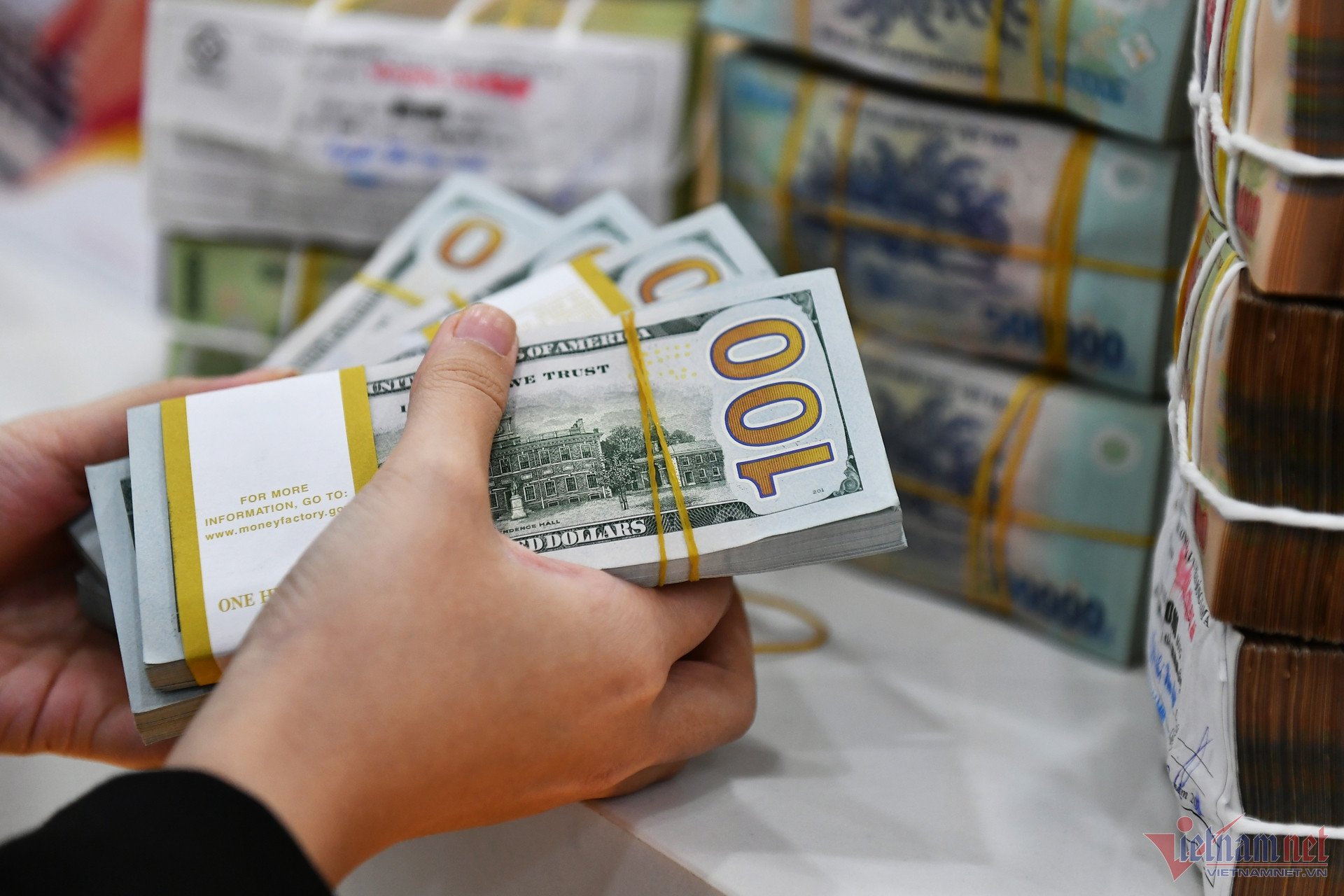
Vietnam's bilateral trade surplus with the US will reach US$103 billion by the end of 2023. Vietnam is the country with the third largest goods surplus with the US. In addition, Vietnam's foreign exchange reserves by the end of 2023 will be US$88.1 billion, accounting for 21% of GDP.
According to a report by the US Treasury Department, the State Bank of Vietnam (SBV) net bought foreign exchange in the four quarters (up to December 2023) of about 7 billion USD, or 1.5% of GDP.
Twice a year, the US Treasury Department publishes a report on "Macroeconomic and Foreign Exchange Policies of Major Trading Partners of the United States".
The reason the US Treasury Department continues to affirm that Vietnam is not on the currency manipulation monitoring list is because Vietnam conducts its policies for the purpose of stabilizing inflation control, stabilizing the value of the currency and stabilizing the macro economy, not for financing exports to ensure benefits for Vietnam but not for its partners.
At bilateral meetings with the State Bank of Vietnam, the US Treasury Department continued to appreciate the management of monetary and exchange rate policies in recent times, which have maintained stability in the financial, monetary, and macroeconomic markets in the context of many difficulties and challenges.
The State Bank of Vietnam affirms that it always manages Vietnam's monetary and exchange rate policies with the consistent goal of contributing to controlling inflation, stabilizing the macro-economy, and ensuring the safety of the credit institution system.
Source: https://vietnamnet.vn/my-tiep-tuc-khang-dinh-viet-nam-khong-thao-tung-tien-te-2293958.html


![[Photo] National Assembly Chairman Tran Thanh Man attends the Policy Forum on Science, Technology, Innovation and Digital Transformation](https://vstatic.vietnam.vn/vietnam/resource/IMAGE/2025/4/13/c0aec4d2b3ee45adb4c2a769796be1fd)
![[Photo] Prime Minister Pham Minh Chinh chairs the Government's special meeting on law-making in April](https://vstatic.vietnam.vn/vietnam/resource/IMAGE/2025/4/13/8b2071d47adc4c22ac3a9534d12ddc17)


![[Photo] National Assembly Chairman Tran Thanh Man attends the ceremony to celebrate the 1015th anniversary of King Ly Thai To's coronation](https://vstatic.vietnam.vn/vietnam/resource/IMAGE/2025/4/13/6d642c7b8ab34ccc8c769a9ebc02346b)

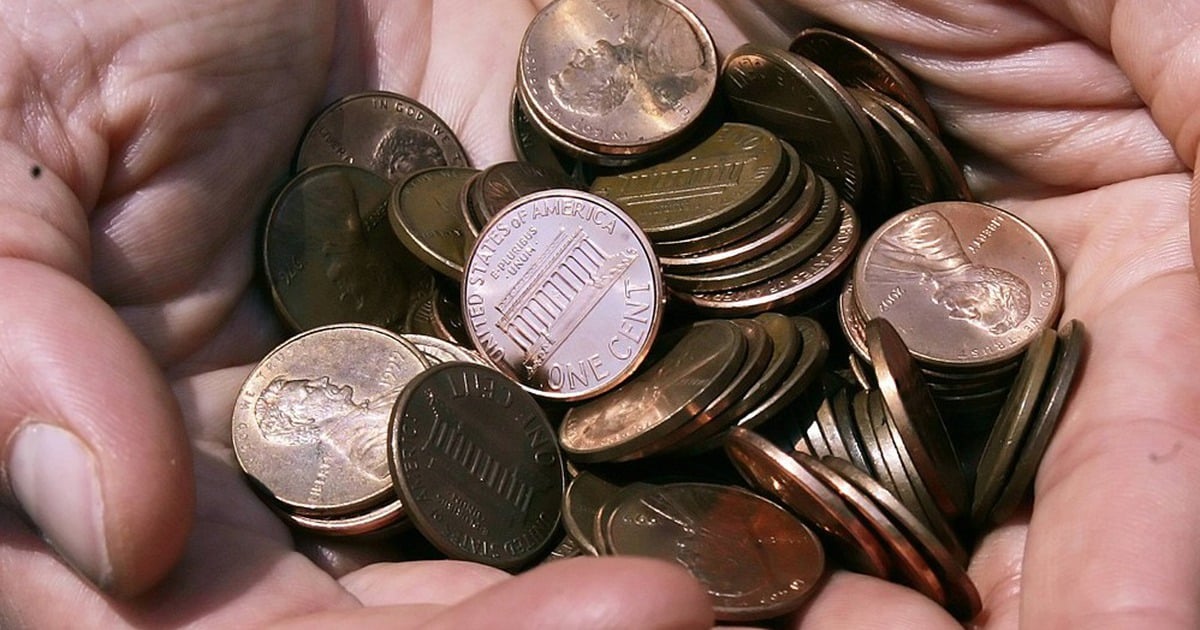

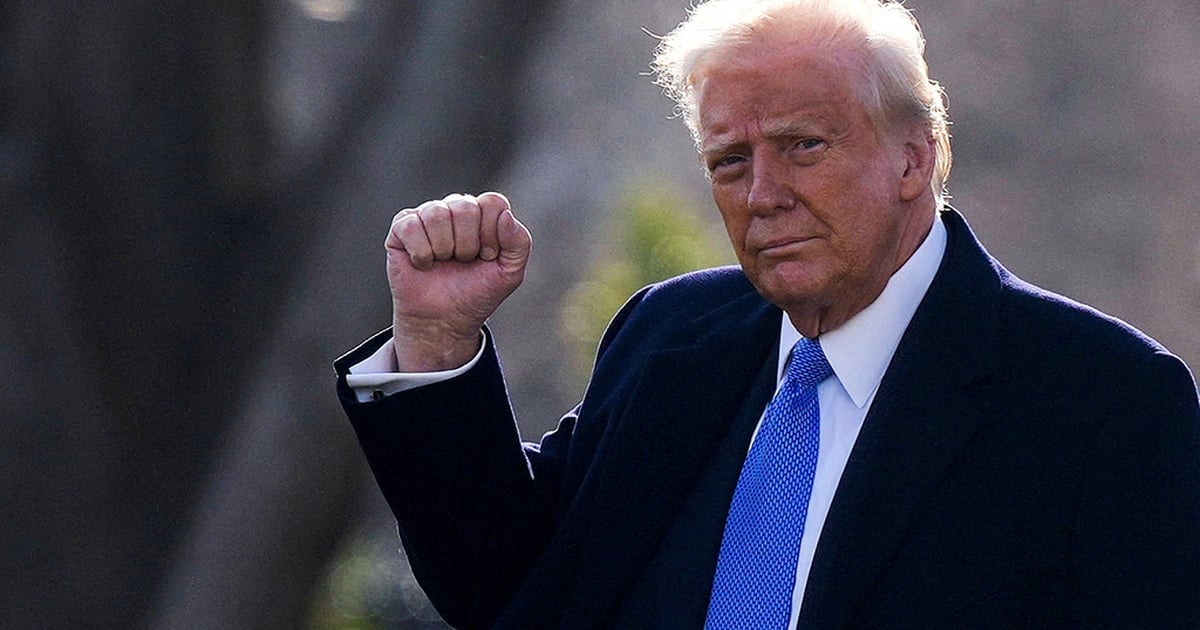
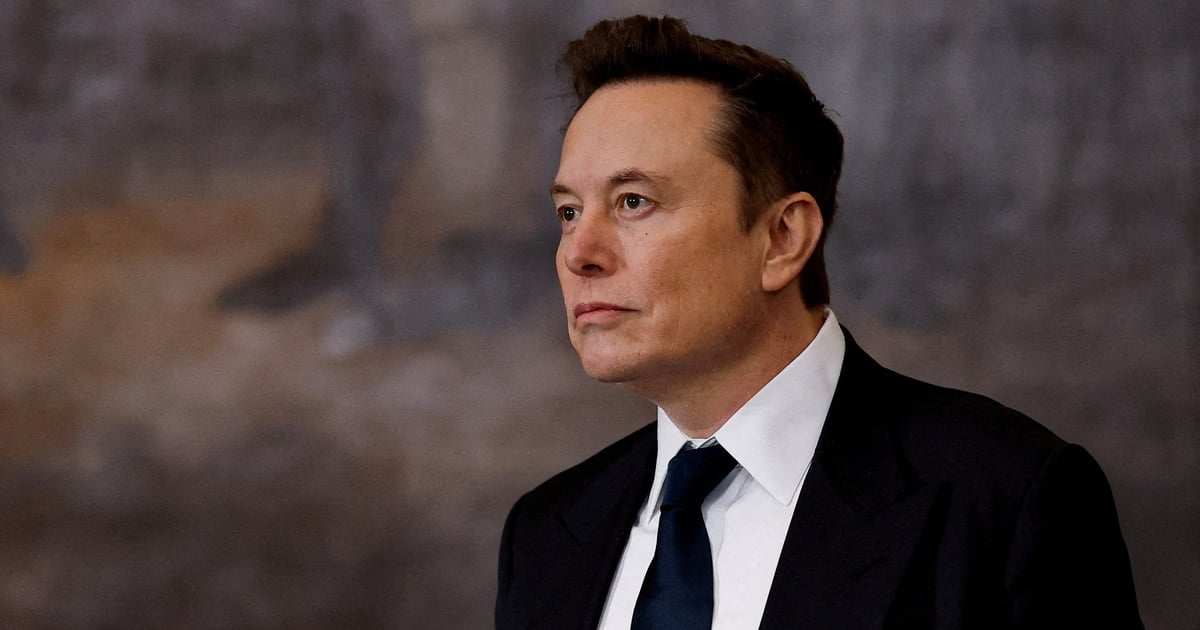
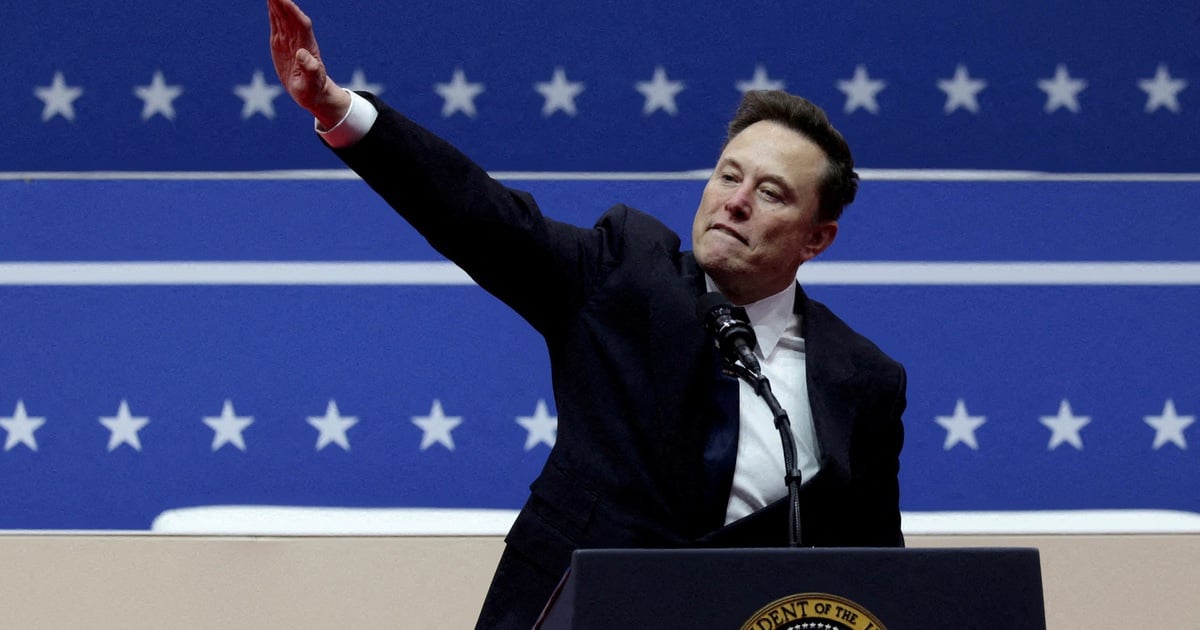
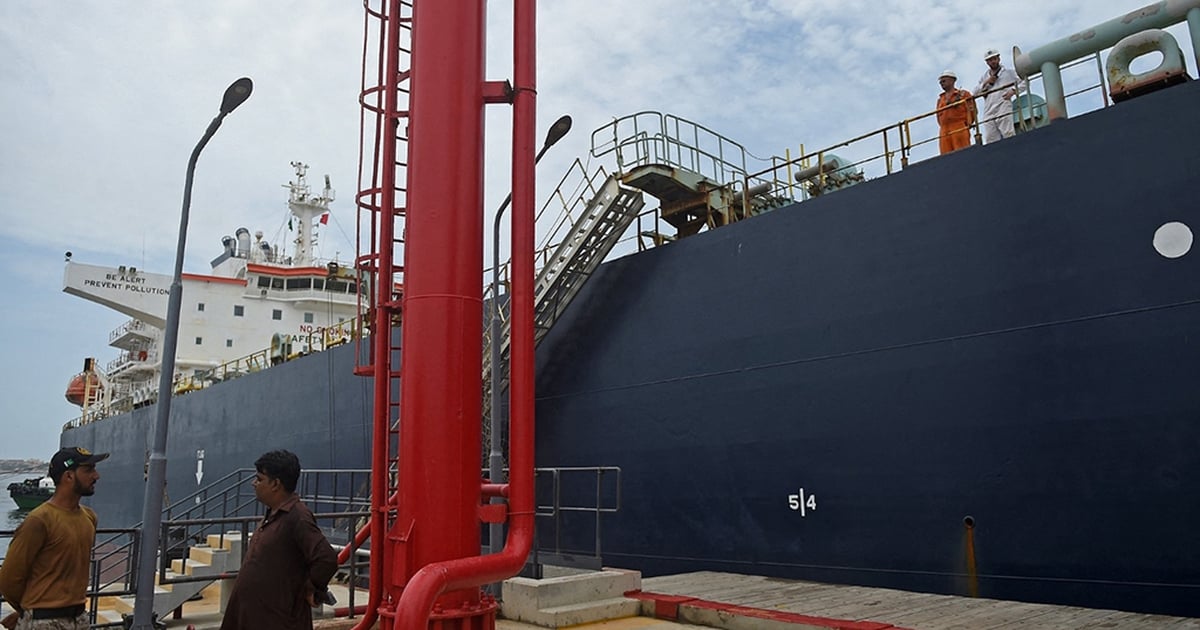





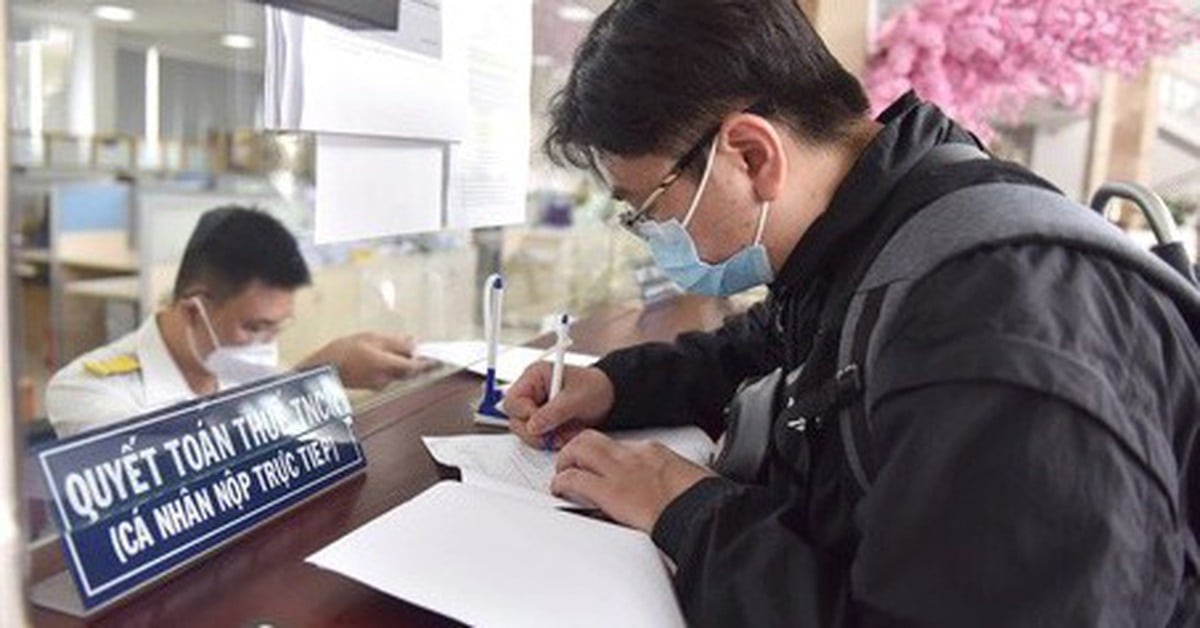








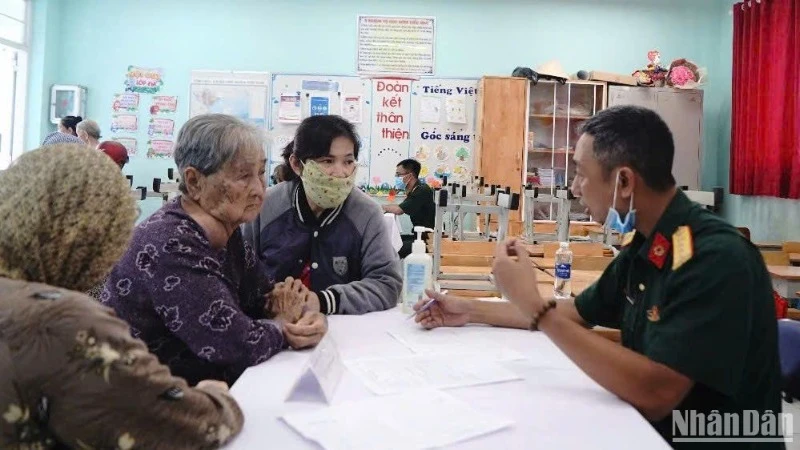




























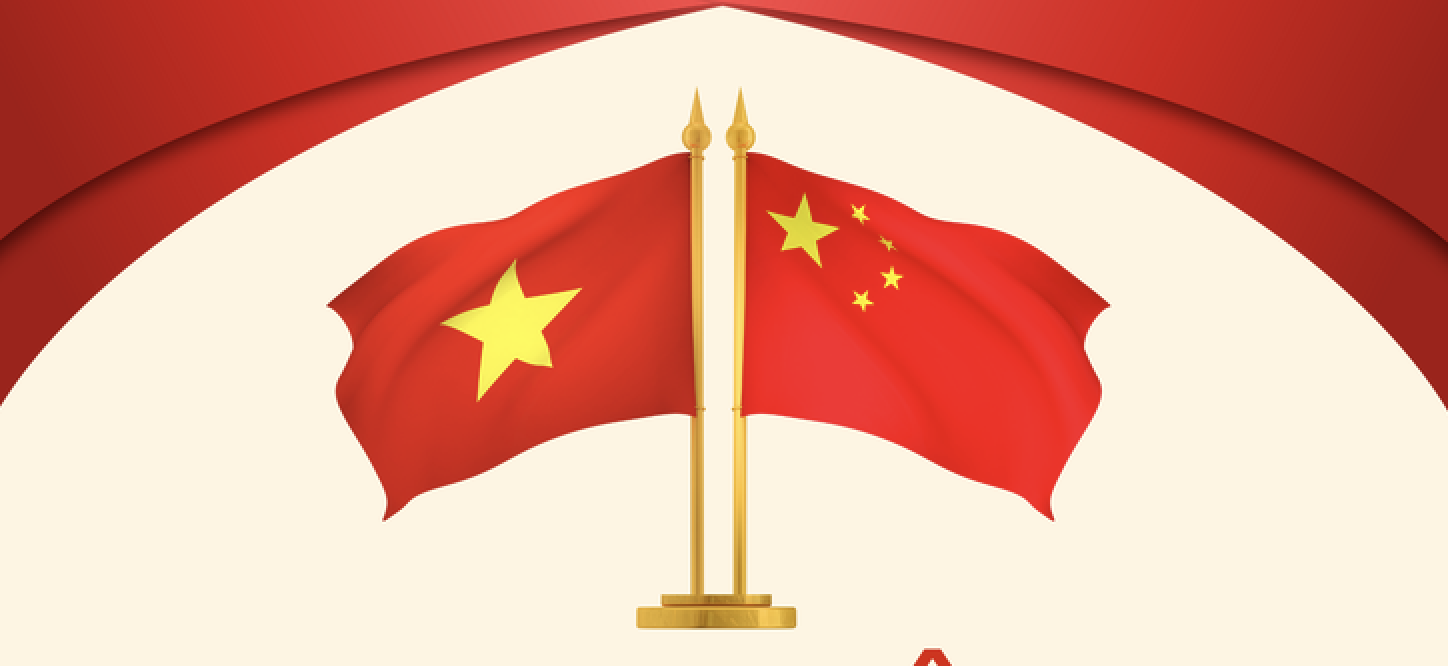















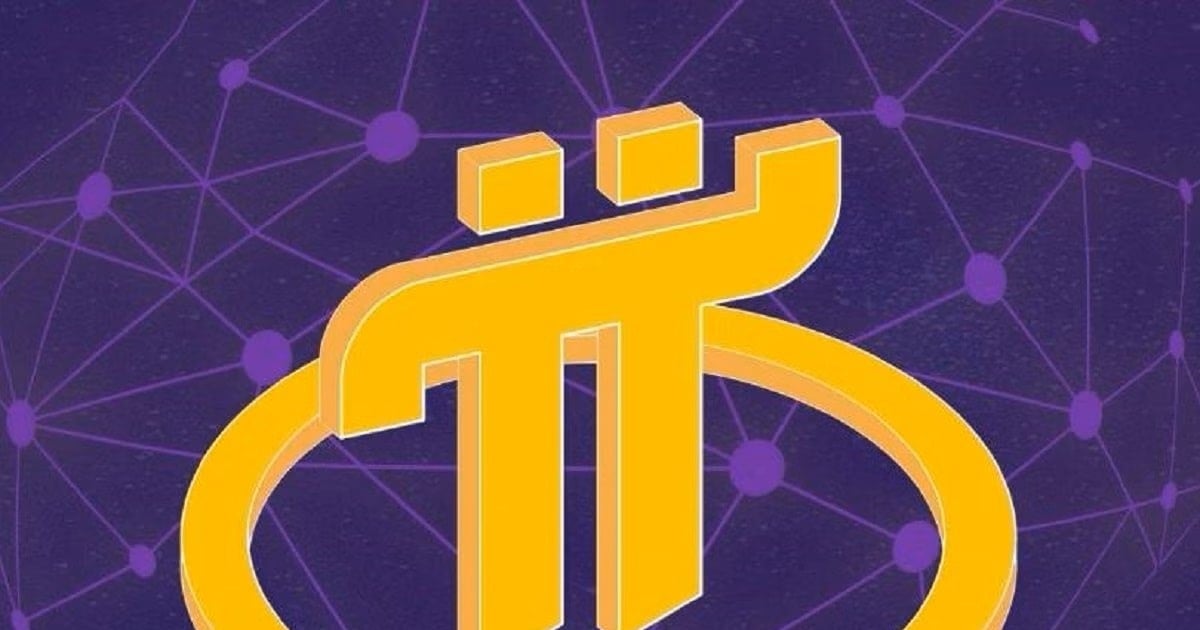



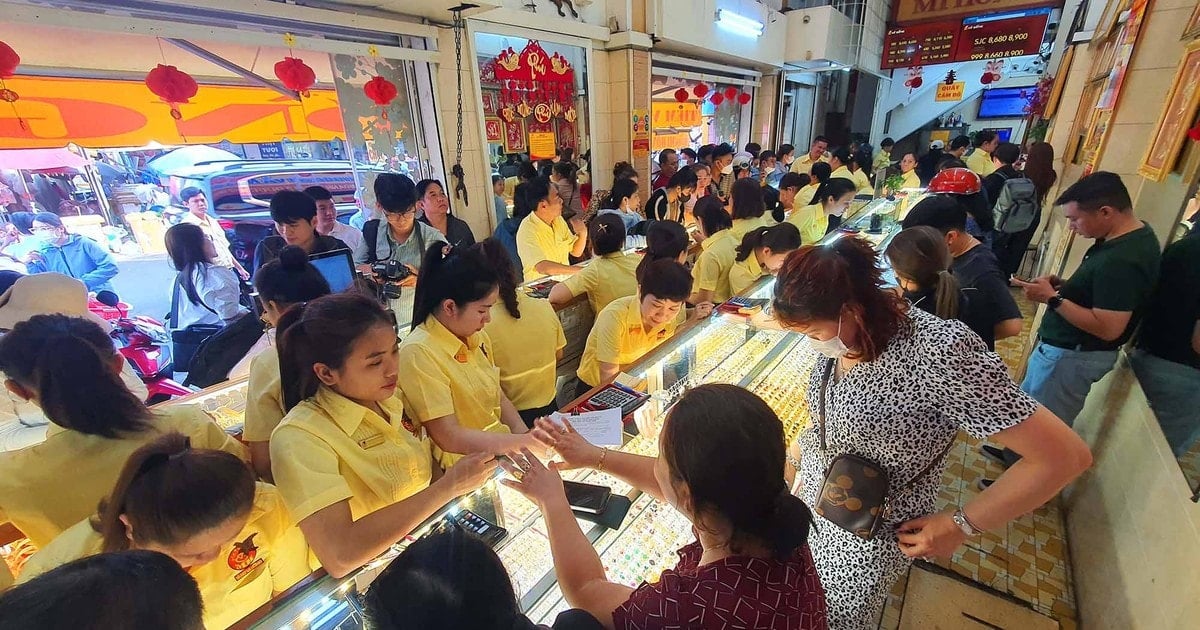
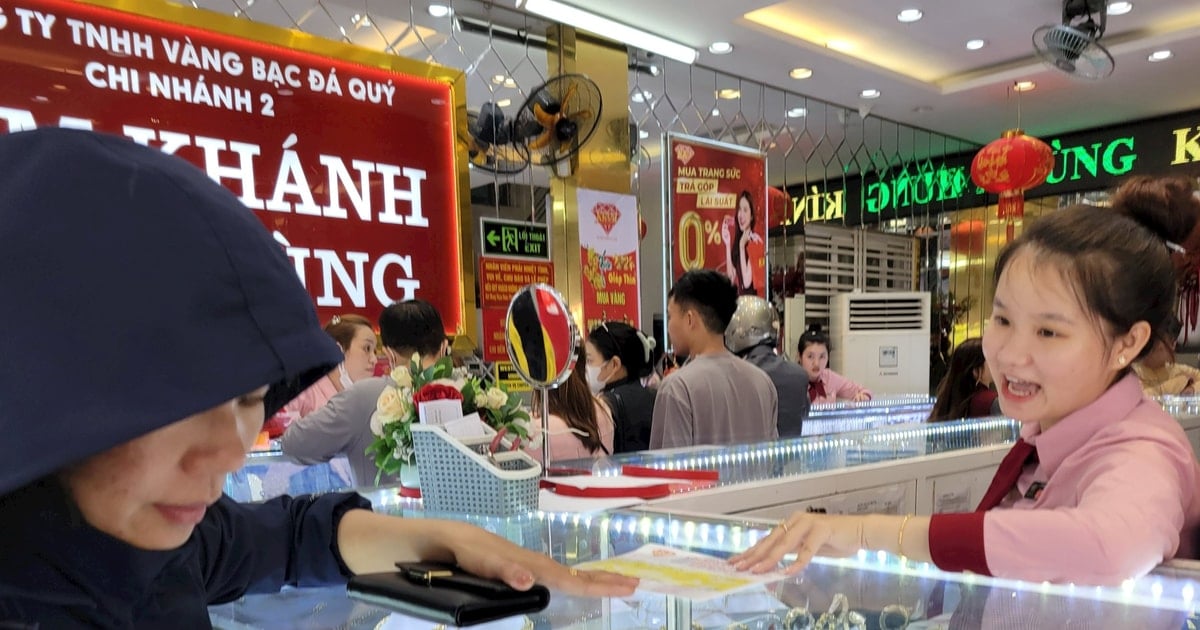













Comment (0)